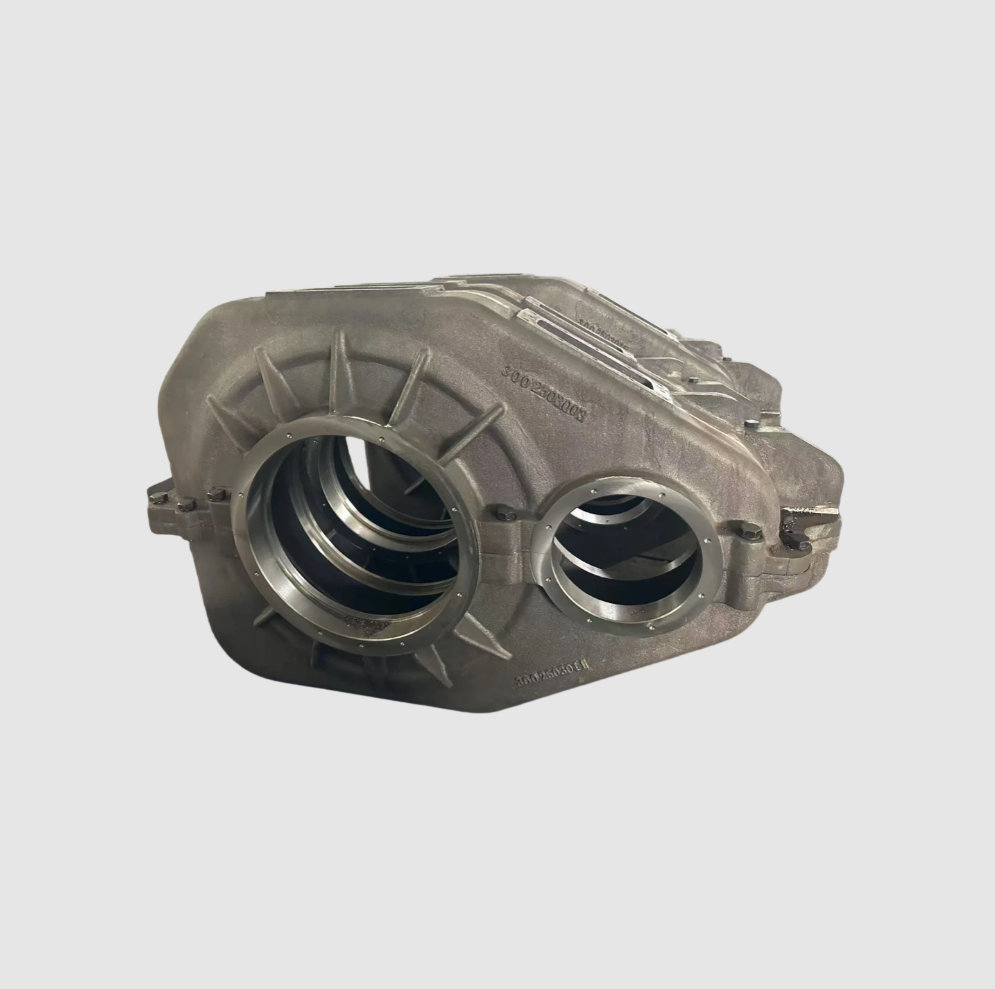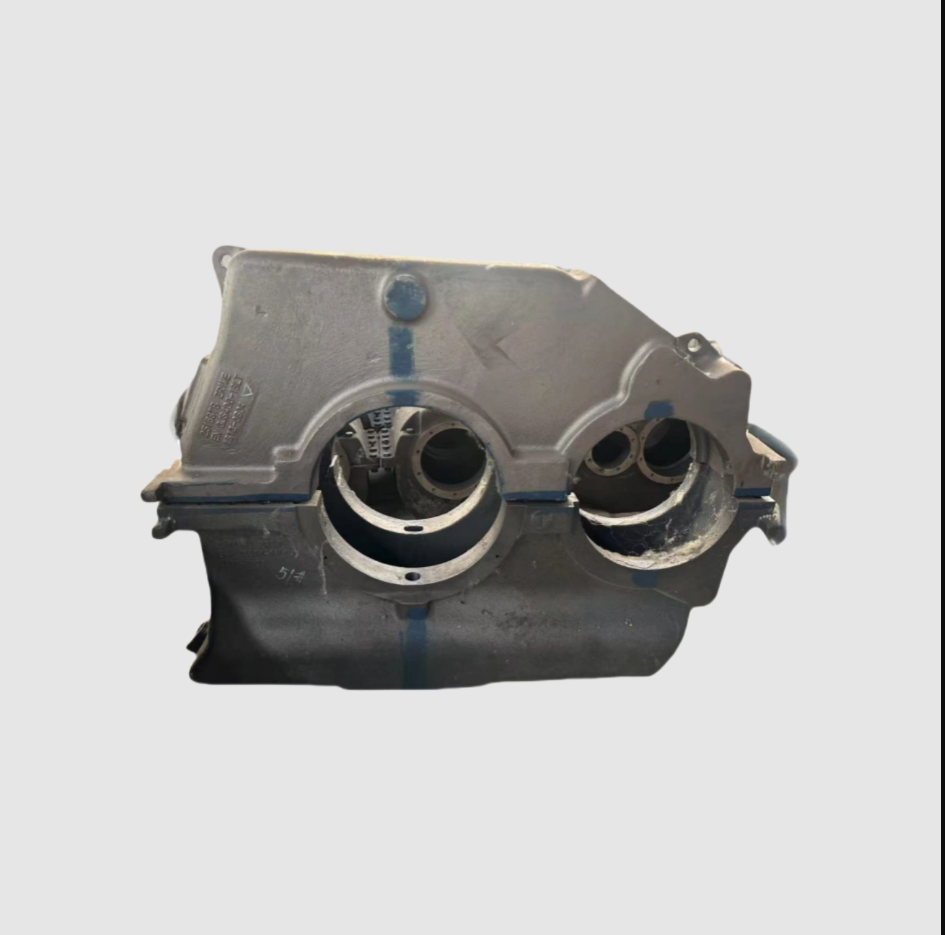A Must-Read for Purchasing Railway Cast Iron Parts: 5 Critical Quality Standards You Can’t Ignore railway bogie casting
Every component in a railway system have to function well. This keeps the system safe and reliable. Train spreading parts are really vital. They give assistance, attach points, and conduct signals. Their high quality impacts exactly how secure the railway network is. When you get these components for South Africa, South America, or Russia, you need to find great manufacturers. To be successful, you require to know the neighborhood technological policies. Here are 5 crucial top quality requirements you should always adhere to.
1. Product Composition & Mechanical Qualities: The Structure of Quality
The performance of cast iron depends upon its certain chemical composition and spreading process, and should meet the global or regional standards of the target audience. A reliable railway spreading parts maker will offer full product traceability.
1.1 Structure Standards: Need to adhere to criteria such as International Criteria (ISO), European Requirement (EN), Russian GOST standards, or those commonly used in South America like IRAM (Argentina) and ABNT NBR (Brazil). The web content of unsafe aspects like phosphorus and sulfur should be purely managed.
1.2 Mechanical Features: Focus on tensile strength, return strength, firmness, and elongation. For ductile iron, describe requirements such as ISO 1083, EN 1563, or GOST 28394. Purchase should require providers to provide material certifications and mechanical test records that follow the target market’s demands.
(Railway Cast Iron Gearbox)
2. Dimensional Precision & Tolerance Control: Ensuring a “Perfect Fit”
Railway jobs worldwide have rigorous requirements for dimensional interchangeability; any variance can impact system assimilation. Precision is a mark of remarkable train spreading producers.
2.1 Vital Measurements: All user interface measurements and mounting opening positions for all train casting parts need to be 100% examined.
2.2 Tolerance Specifications: Ought to adhere to internationally recognized standards like ISO 2768, or particular tolerance requirements clearly agreed upon with the client. For the Russian and CIS markets, unique focus must be paid to complying with relevant tolerance requirements in GOST 30893.
3. Limits on Casting Problems: Getting Rid Of Inner Hidden Dangers
The acceptance requirements for casting problems should be plainly specified in agreements and based upon globally or regionally recognized specifications. Leading railway spreading components producer procedures utilize extensive non-destructive testing.
3.1 Surface area Defects: Requirements like ISO 8062 can be referenced for assessing casting surface area quality. Cracks, cool shuts, and other issues influencing use are not allowed.
3.2 Interior Problems: For crucial load-bearing railway spreading elements, non-destructive screening (e.g., ultrasonic, radiographic) must be performed according to standards like ISO 4990, EN 12680, or the GOST R 55724 series, with clear acceptance levels for issues.
4. Metallographic Structure & Internal Top Quality
The tiny structure of the product is the key basis for evaluating whether its inner top quality fulfills the criterion. This is a vital check for any kind of specialist railway spreading parts manufacturer.
4.1 Ductile Iron: The evaluation of nodularization rate must comply with standards such as ISO 945-1 or GOST 3443 to ensure its mechanical buildings fulfill the requirements for usage under intricate working problems.
4.2 Graphite Morphology & Matrix Structure: The metallographic examination report is a crucial paper for confirming the stability of the manufacturing process and must abide by the appropriate worldwide or local standards.
(Railway Cast Iron Gearbox)
5. Anti-Corrosion Therapy & Surface Area Quality: Withstanding Harsh Environments
Offered South Africa’s coastal high salinity, South America’s tropical rainforest humidity, and Russia’s extreme cold and de-icing salts, anti-corrosion treatment for railway spreading parts is critical.
5.1 Treatment Processes: Specify the sort of anti-corrosion process, such as hot-dip galvanizing (ISO 1461), epoxy finishing, etc, and define crucial indications like finishing thickness, bond ( e.g., ISO 2409), and salt spray resistance ( e.g., ISO 9227).
5.2 Regional Specifications: Need to focus on specific needs of the target audience, such as Russia’s GOST 9.307 anti-corrosion system accreditation, or South Africa’s SANS (South African National Criterion) criteria. A global railway casting producers will recognize with these varied demands.
Luoyang Fonyo Heavy Industries Co., Ltd. is a leading manufacturer of hefty industrial castings and parts, specializing in offering top notch steel castings, including carbon steel, high manganese steel, alloy steel, and heat-resistant steel castings. With a thorough service design incorporating style, spreading, machining, and service, Fonyo ensures that each item satisfies strenuous high quality and performance requirements to satisfy the demanding demands of different hefty industries.
If you are looking for a trusted supplier of railway bogie casting, Luoyang Fonyo Heavy Industries Co., Ltd. is your ideal choice. Visit Fonyo’s official website (www.railwaypart.com) for more product information and technical support!
All articles and pictures are from the Internet. If there are any copyright issues, please contact us in time to delete.
Inquiry us

